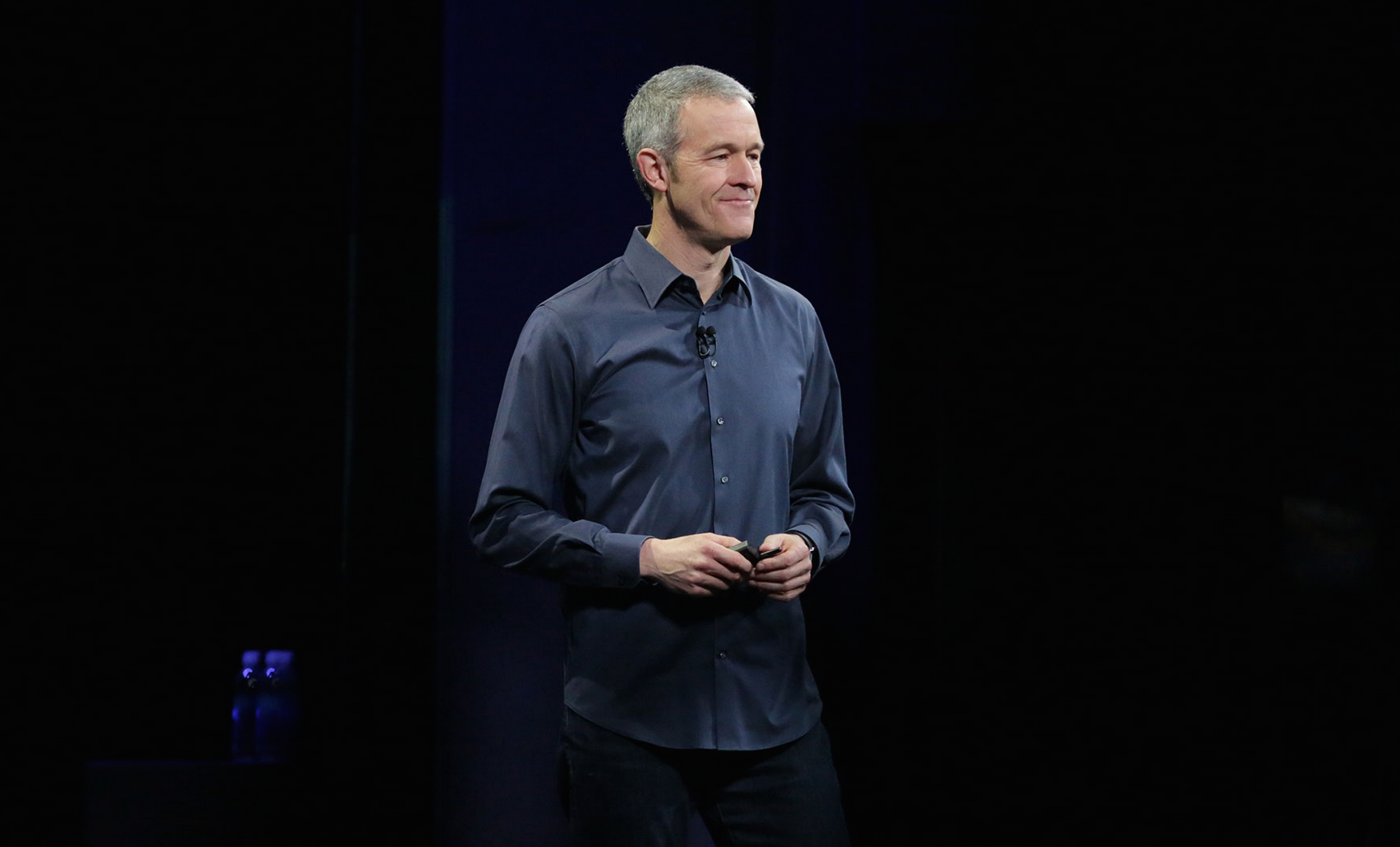
Jeff Williams, Apple’s Chief Operating Officer under CEO Tim Cook since December 2015, made some interesting comments during his trip to Taipei for the 30th anniversary of Taiwan Semiconductor Manufacturing Company (TSMC), Apple’s key chip-making partner.
In his view, a tradeoff between computing performance and power consumption is no longer necessary thanks to new technologies from the likes of TSMC, ARM and others.
Here’s the full quote, via DigiTimes:
Though declining to disclose Apple’s development plans for the next ten years at the forum, Williams shared his industrial observations in the past decade.
He said that after entering the era of smartphones, the semiconductor sector experienced a tradeoff between computing performance and power consumption, but thanks to technology advancements from TSMC, ARM and others, he believes the tradeoff is no longer necessary.
Apple has many expectations for artificial intelligence, like taking advantage of today’s advanced semiconductors to achieve medical technology innovations.
TSMC notably manufactures Apple’s new A11 Bionic chip powering iPhone 8 and iPhone X and has been the sole producer of Apple-designed mobile chips for years now.
The iPhone maker is TSMC’s #1 customer in terms of revenue contribution.
The report adds that the Apple-TSMC partnership started out with a home dinner hosted by TSMC chairman Morris Chang for Williams back in 2010. During the dinner, both sides chatted about cooperating to integrate advanced technologies of both companies.
Williams said Apple bet heavily on TSMC without any plan B.
TUTORIAL: Handy tips to increase your chances of getting an iPhone X at launch
Apple’s operations chief also praised TSMC’s capital investment that has made semiconductor advances possible, especially TSMC’s $9 billion investment in bringing up its next-generation Tainan fab in a record eleven months.
Under the first deal, Apple contracted TSMC to fabricate all the application processor chips for its iPhone 4 devices in 2010, and the latter invested $9 billion and funneled a workforce of 6,000 people into the production of mobile chips at its base in the Southern Taiwan Science Park, successfully starting volume production of “almost perfect” chips within 11 months, according to Williams.
Williams later met Foxconn’s co-founder and chairman Terry Gou, most likely to talk production woes with the iPhone X dot projector, OLED panel and other problematic parts.
When asked about the latest supply chain reports, Apple’s boss Tim Cook told BuzzFeed News that “we’ll be working as hard as possible to make as many as possible.”
“We’ll see what happens,” Cook added.